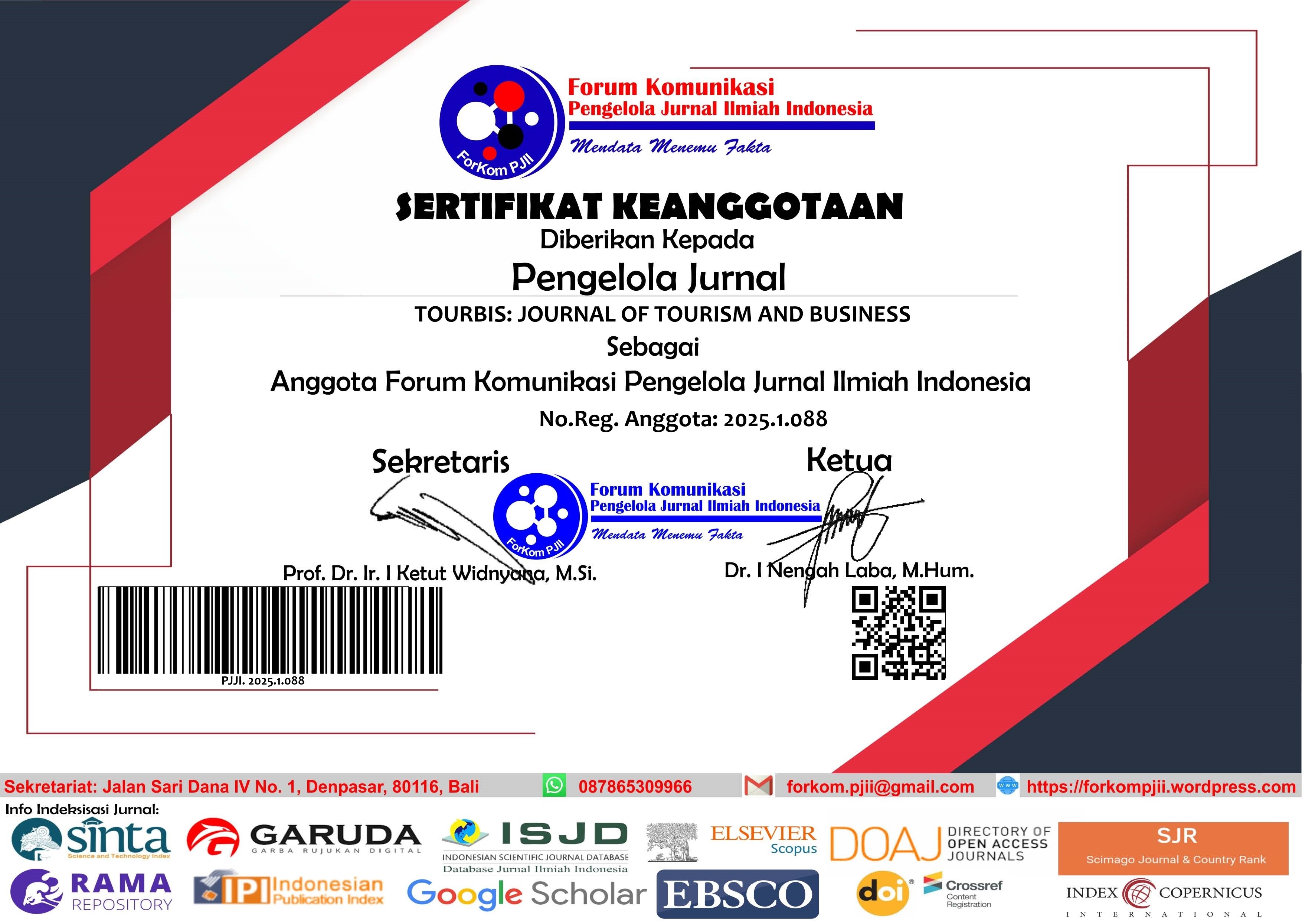Open Access Policy
This journal is committed to the principles of open access, subscribing to the philosophy that scholarly output, being a public good, should be immediately and freely available to the global academic community and the wider public. This policy aligns with the contemporary imperative to maximize the discoverability, utility, and impact of research.
Specifically, this journal adheres to a 'Gold' open access model, ensuring that all published articles are:
- Immediately Accessible: Content is made available online without any embargo period from the moment of publication.
- Freely Available: There are no subscription fees, pay-per-view charges, or any other financial barriers for readers to access, download, or print the full text of articles.
- Permitted for Reuse: Articles are published under a Creative Commons Attribution (CC BY) license, allowing for unrestricted use, distribution, and reproduction in any medium, provided the original work is properly attributed. This facilitates broad scholarly and educational utilization, including text and data mining.
This policy is grounded in the conviction that such unrestricted access fosters:
- Accelerated Knowledge Exchange: By removing access impediments, research findings can be rapidly shared, critiqued, and built upon, thereby accelerating the pace of scientific and scholarly advancement.
- Enhanced Visibility and Impact: Open access significantly increases the readership and potential citation rates of published works, amplifying the influence of authors' contributions within their respective fields and across disciplines.
- Global Equity in Research: It ensures that researchers, educators, policymakers, and the general public in all regions, regardless of institutional affiliation or financial resources, have equitable access to the latest scholarly insights.
- Interdisciplinary Collaboration: The free flow of information across traditional disciplinary boundaries encourages novel collaborations and innovative research directions.
The journal endeavors to uphold the highest standards of academic rigor throughout its editorial and peer-review processes, ensuring that the commitment to open access does not compromise the quality or integrity of the published content. We believe that this approach represents a responsible and progressive model for disseminating scholarly knowledge in the 21st century.










